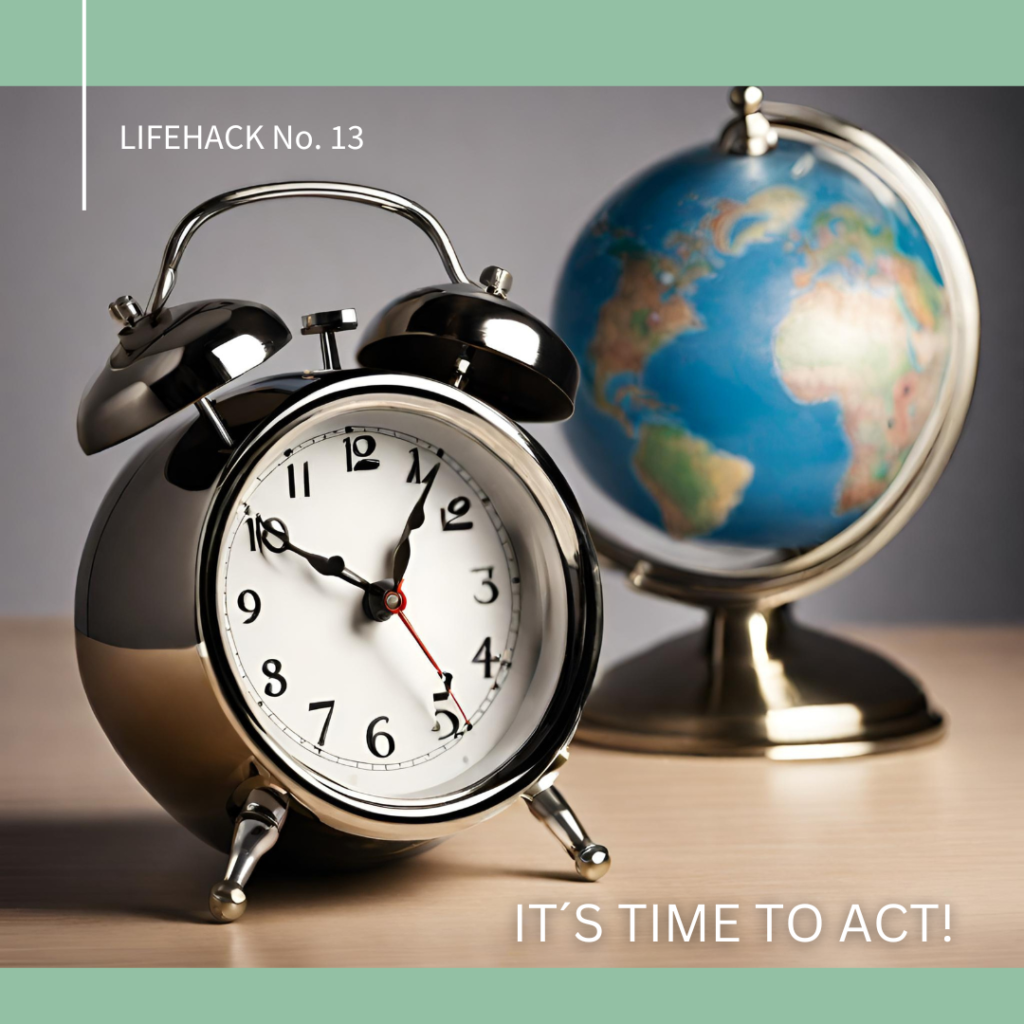Fact or Fiction? The Role of Data Literacy in the sustainability education
Critical Thinking and Fact-Checking as Keys to Truth and the Pursuit of Sustainability

The Earth Overshoot Day marks the date when humanity has exhausted the natural resources available for the year. It is calculated annually for all countries individually and for the world as a whole. The worldwide Earth Overshoot Day is on 02 August. For Germany, this day in 2024 falls on today, May 2nd. This is two days earlier than last year. This means that Germans have already consumed more resources than the Earth can regenerate in a year. If everyone lived like the Germans, we would need 2.94 Earths to meet the resource demand.
These figures highlight the urgent need to learn and act. Many people have taken the data on climate change and sustainability to heart, basing their personal actions on it. However, not everyone is as engaged, and there is still a lot of data and statements in the public and media that misrepresent or ignore the facts. This is why educating communication skills, critical thinking and the ability to analyse is so important in the sustainability debate.
Fortunately, the information on the Earth Overshoot Day is based on reputable sources like the Global Footprint Network. The calculations are transparent and can be verified. In contrast to fake news, which often relies on false or misleading information, we can trust the high data quality in this case. So we also know that, all in all, Earth Overshoot Day in Germany is 11 days later this year than in 2017.
What can we do to identify and deal with fake news?
- Verify the sources: Critically examine where the information is coming from and who the original source is. Check if the source is reputable, official, and verified.
- Analyse the content: Look for sensationalized language, exaggerated claims, or lack of supporting evidence. Verify the accuracy of the facts, figures, and data presented.
- Develop critical thinking skills: Cultivate a habit of questioning and checking the information you encounter. Be aware of your own biases and preconceptions that could influence your judgment.
- Understand the context: Examine when and in what circumstances the information is being shared. Consider the potential motives and agendas behind the dissemination of the content.
- Developing awareness and critical thinking: Recognize that not everything on the internet is true. Question the information you encounter, even if it aligns with your beliefs.
- Educate ourselfes and others: Stay informed about the latest trends and techniques used in creating fake news. Share your knowledge and strategies with friends, family, and in educational settings.
- Report and counter misinformation: Notify platforms and authorities about identified instances of fake news. Engage in constructive dialogue to provide accurate information and challenge false claims.
By developing these strategies and cultivating a critical mindset, individuals can become more resilient to the influence of fake news, especially in the context of important issues like climate change and sustainability.
Educational institutions and educators play a key role in imparting these critical skills. In vocational education and training, we can convey knowledge about sustainability, resource consumption, and data analysis. At the same time, we can teach strategies for identifying and responding to fake news.
Only by critically examining data and information can we recognize the urgency of action on sustainability. Educational offerings that sharpen this awareness are essential to shaping a livable future. Let us work on this task – with facts instead of fake news, with foresight instead of short-sightedness.
The sources for this article are:
- https://www.spiegel.de/wissenschaft/erdueberlastungstag-am-2-mai-deutschland-hat-seinen-anteil-an-ressourcen-fuer-das-jahr-schon-verbraucht-a-09c5adfb-d239-47cf-afb0-2f0c4db0045e
- https://www.footprintnetwork.org/
- https://www.wwf.de/earth-overshoot-day
Sources for data (among others) are:
- https://www.stockholmresilience.org/research/climate-misinformation.html
- https://ourworldindata.org/
- https://ec.europa.eu/eurostat/web/main/home

